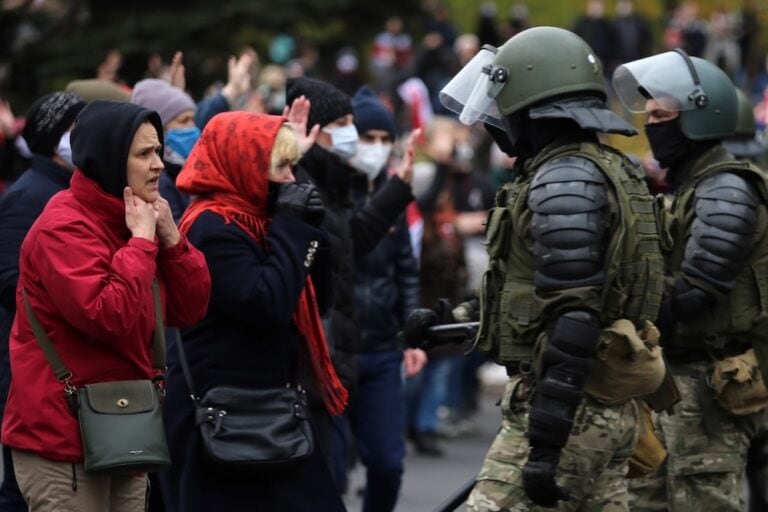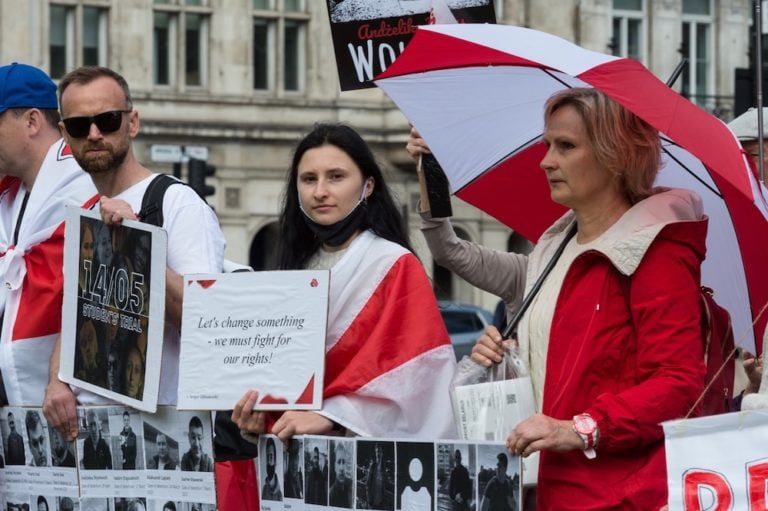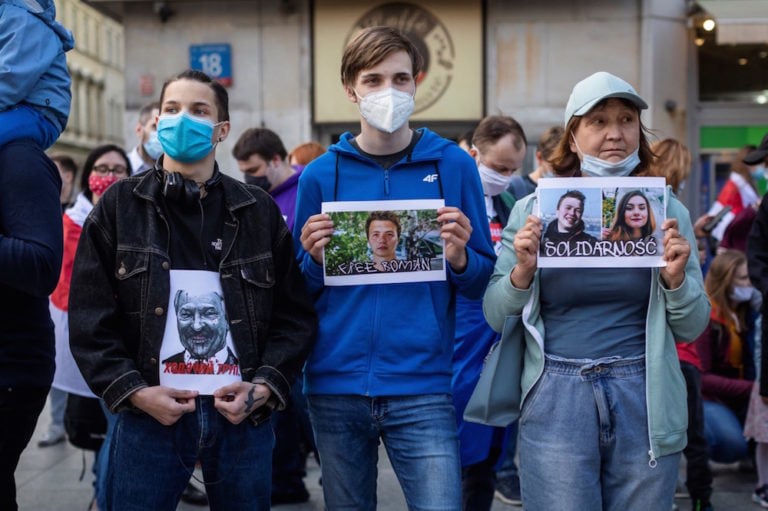(WPFC/IFEX) – The following is a 27 December 2007 WPFC letter to the Radio and Television Commission of Lithuania: Open letter to the Radio and Television Commission of Lithuania The World Press Freedom Committee is very concerned by a recent decision, by a vote of 11-1 of Lithuania’s Radio and Television Commission, to “protect” Lithuanian […]
(WPFC/IFEX) – The following is a 27 December 2007 WPFC letter to the Radio and Television Commission of Lithuania:
Open letter to the Radio and Television Commission of Lithuania
The World Press Freedom Committee is very concerned by a recent decision, by a vote of 11-1 of Lithuania’s Radio and Television Commission, to “protect” Lithuanian citizens “from the effects of Russian propaganda” by banning radio transmission of the official Voice of Russia by the private Vilnius station Radio Baltic Waves.
The Baltic Waves station broadcasts programs in a variety of foreign languages, including English, Russian, Polish and Chinese.
A representative of Baltic Waves, Rimantas Pleikis said that “freedom of speech must be the same for dissemination of information from West to East and from East to West.”
The Voice of Russia transmits programs via radio stations in Germany, Britain, the United States and other countries. Reciprocally, radio programs of BBC, Voice of America, Radio France International, Deutsche Welle and Radio Liberty are broadcast by Russian radio stations in a rare continuation of the policy of Glasnost in Russia.
It seems obvious that if Lithuania bans the use of Russian broadcasts, the Russian authorities could cite that precedent to ban continuing usage of Western broadcasts by Russian stations.
It is disappointing, to say the least, that in Lithuania, a country that has suffered so much from authoritarian controls, there is not an automatic understanding of the famous Voltairian approach: “I disagree with what you say, but I will fight to the death for your right to say it.”
The issue does indeed involve a matter of basic principle. If we are to expect messages to flow freely in a post-totalitarian world, then we must accept the freedom of others to say things that may be unpleasant to hear.
The World Press Freedom Committee calls upon Lithuania’s Radio and Television Commission to reconsider its decision and to reaffirm the principle of reciprocal freedom to broadcast messages.
The World Press Freedom Committee groups 45 journalistic organizations on five continents, representing labor and management and broadcast, print and online news outlets, joined together to defend and promote freedom of the press.
Sincerely,
E. Markham Bench
Executive Director


